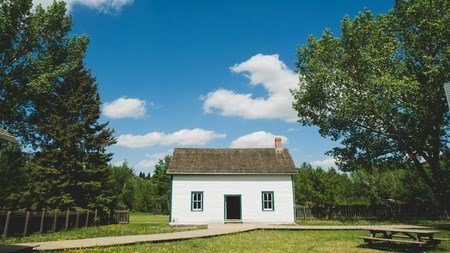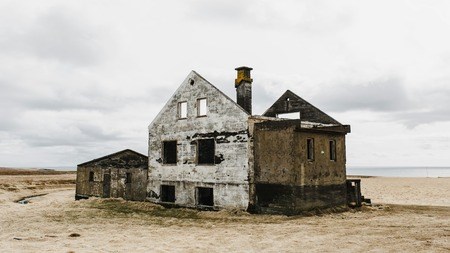The question is not why you would want to live in Cape Town, for who wouldn’t want to be exposed to the some of the best views in the country?
The question is where in Cape Town would you like to live? The variety of suburbs and living styles is somewhat exhaustive, from elevated properties with sea views to cosy traditional nestled beneath the iconic Table Mountain; from greenbelts to hubs of business/retail/entertainment vibes. From traditional to contemporary, the more than 120 suburbs tick boxes you didn’t know you needed on your list.
One of the challenges, however, is that Cape Town properties are highly in demand. With so many competing for the best views, even apartment renting is not necessarily cheap, but that’s what makes living in the region so desirous. Rentals on apartments have been increasing especially with the semi-migration trend that has seen so many moving to the well-run city, particularly those who choose it as a working base, while living elsewhere on the weekends. This, plus that it has a reputation for excellence in local governance, has seen apartments rented out within a day of listing … this is not uncommon.
Urban living
The apartment lifestyle is trending in Cape Town. Inner-city lifestyle is the choice particularly for the 20-30 year-age groups. These are usually well-educated, good salary earners, and individuals who don’t necessarily want to own cars. Instead they want cycling and good walkability routes, which provide them with easy access to their dynamic playgrounds be that cafe and bistro hubs, exercise choices, and of course within reasonable distance to their working environments. They also enjoy more environmentally-sustainable living, where buildings and apartments offer energy-efficiencies.
The urban living lifestyle is best enjoyed in an apartment, where views abound and, ideally with balconies or patio’s that allow them for al fresco dining with friends and family. Even families with young children are choosing apartments while they save for a deposit for a home. They are inclined to spend some six months or so living in an apartment while exploring the choice of suburbs for a permanent home base.
Whats on offer?
At a baseline are self-contained units within apartment buildings, that offer security and contemporary lifestyles. A one-bedroom in the city centre, with weekly cleaning, a terrace, 24-hour reception and a communal swimming pool and club house, at 25m2 will cost around R8500 a month, which is actually very reasonable but unusually only offers a communal kitchen. At the further end of the scale a luxury apartment could set you back at R5000 a night! An example would be a 3-bedroomed apartment with luxurious fittings, including beachfront view, daily cleaning, all linen, and an outdoor terrace that might grace the pages of an architectural or interior design magazine.
In the mid-range market could set you back around R10 000 a month in Woodstock, between R10 000 to R20 000 in the City Bowl, or up to R25 000 in the Atlantic Seaboard.
Cost of living
Bearing in mind that on top of these rentals you will still have to pay for your water and electricity consumption, and possibly internet, apartment seekers should also be prepared to experience a higher cost of living in the mother city. Tourists abound, which drives prices somewhat higher. Another issue is that some apartment owners only offer locals out-of-season rentals because they can increase the rent during peak holiday seasons. The best advice is to negotiate a long-term rental, if that is what you are seeking, upfront, and if its in a highly desirable position, this may mean you will need to absorb the higher peak season rental into the overall yearly rental. Many landlords are open to this because it gives them the security that their apartment won’t stand empty at all.
Other costs to consider include entertainment and transport. Cape Town will never bore, with its endless list of activities; some come at a premium such as fine dining, but others are free such as beach walks. Transport costs are actually lower than Johannesburg, with the MyCity bus fares considered exceptionally reasonable.
Overall
When you consider that Cape Town is a growing economic hub, with breathtaking views and a variety of property choices, and despite it being considered the most expensive city in South Africa, it will never fail to impress all of who choose it as their home base.





